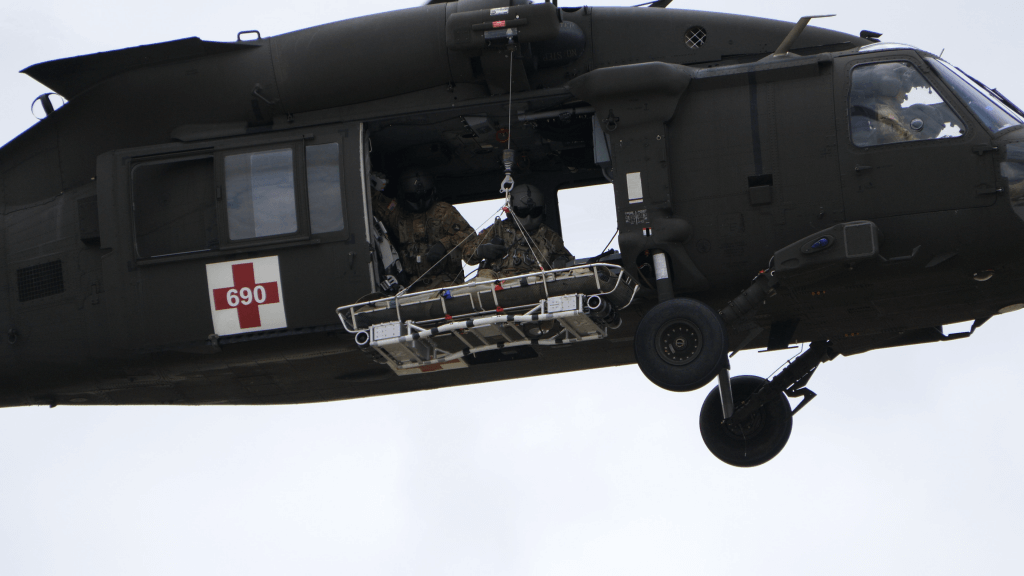The co-founder of a precision technology company said he launched the venture to prevent tragedies like the one that took the life of a friend who was waiting for a rescue.
In 2009, Caleb Carr was a volunteer search and rescue tech for Multnomah (Oregon) County. He was on a training mission when his friend, Don, went into cardiac arrest. A rescue helicopter came but it was windy, and the hoist system was swinging too wildly. Attempt after attempt was made by the crew but they had to abandon the cause. After watching his friend die on the mountain, he was challenged by a professor to fix the problem and stop it from happening again.
Carr, who now owns Vita Inclinata, did.
“It became the genesis of Vita Inclinata and our mission, which is to create a solution that senses the environment and immediately adjusts to stabilize swing and spin,” Carr said. “This is for rescue crews or crane operators and ensures lack of technology is never again the difference between life and death; or a job completed, and a job given up.”
After partnering with Derek Sikora, who has a background in aerospace system design, the two worked together to develop the technology.
“It’s common knowledge that unless specific measures are taken to counter the downwash from the helicopter onto the individuals attached to the hoist cable, there is a strong possibility that the load will begin to spin out of control,” Carr said. “Unfortunately, the surface area is presented to the aircraft’s downwash by a rescue hoist load, this needs to be countered by something for the airflow to push against, so countermeasures are needed to make every rescue hoist mission safe. The VRS provides these life-saving countermeasures to aircraft downwash.”
A technology initially created for situations like he experienced quickly morphed into a way to save service members. The company began working with the Army to develop a system for its helicopters.
RELATED: New fighter training enhances joint lethality with Hawaii ANG, Navy Reserve
Not only does the technology advance the life-saving mission but it creates a safer environment for those conducting the rescues as well, Carr says.
“It’s important for the crews to know that we are making their jobs safer as well, so they can focus on the rescue and not be inhibited by their equipment,” he explained.
Its founders remained committed to the highest quality parts and for good reasons.
“It would have been easy for a green startup to buy cheaper prototype batteries online and keep costs under $100. However, those batteries would not be safe to use,” Carr shared. “We have to consider potential gunfire in the vicinity of the helicopter, and if a bullet hits a cheaper battery it will explode. There were many intended and unintended experiments with battery safety that needed to be tested and over-engineered early on to test their limits.”
Its hoist and rescue systems stabilize automatically against wind without spin and sway. It allows for less hover time or worry regardless of terrain leading to more saved lives.
But the company isn’t done yet.
“Vita has big plans for next year, with contracts in place to sell significantly more systems for both aerospace and industrial,” Carr added. “It is also our company mission to support the future of crew safety to protect human lives. Like safety laws passed in place to protect workers on construction sites, for example, would change the way industrial operations are conducted. We are also looking into expanding our technology into adjacent industries, such as wind energy and rescue operations held over water.”

